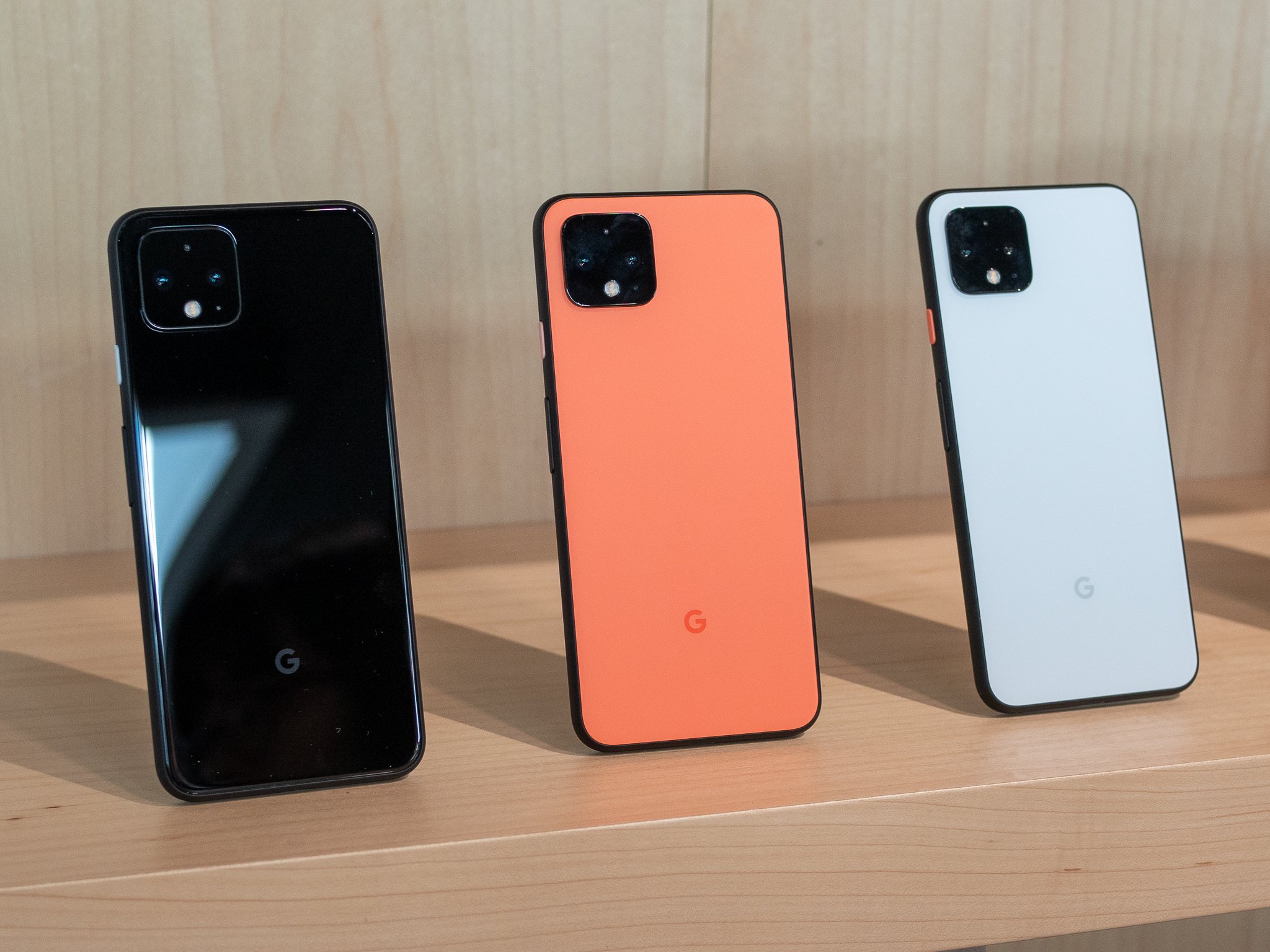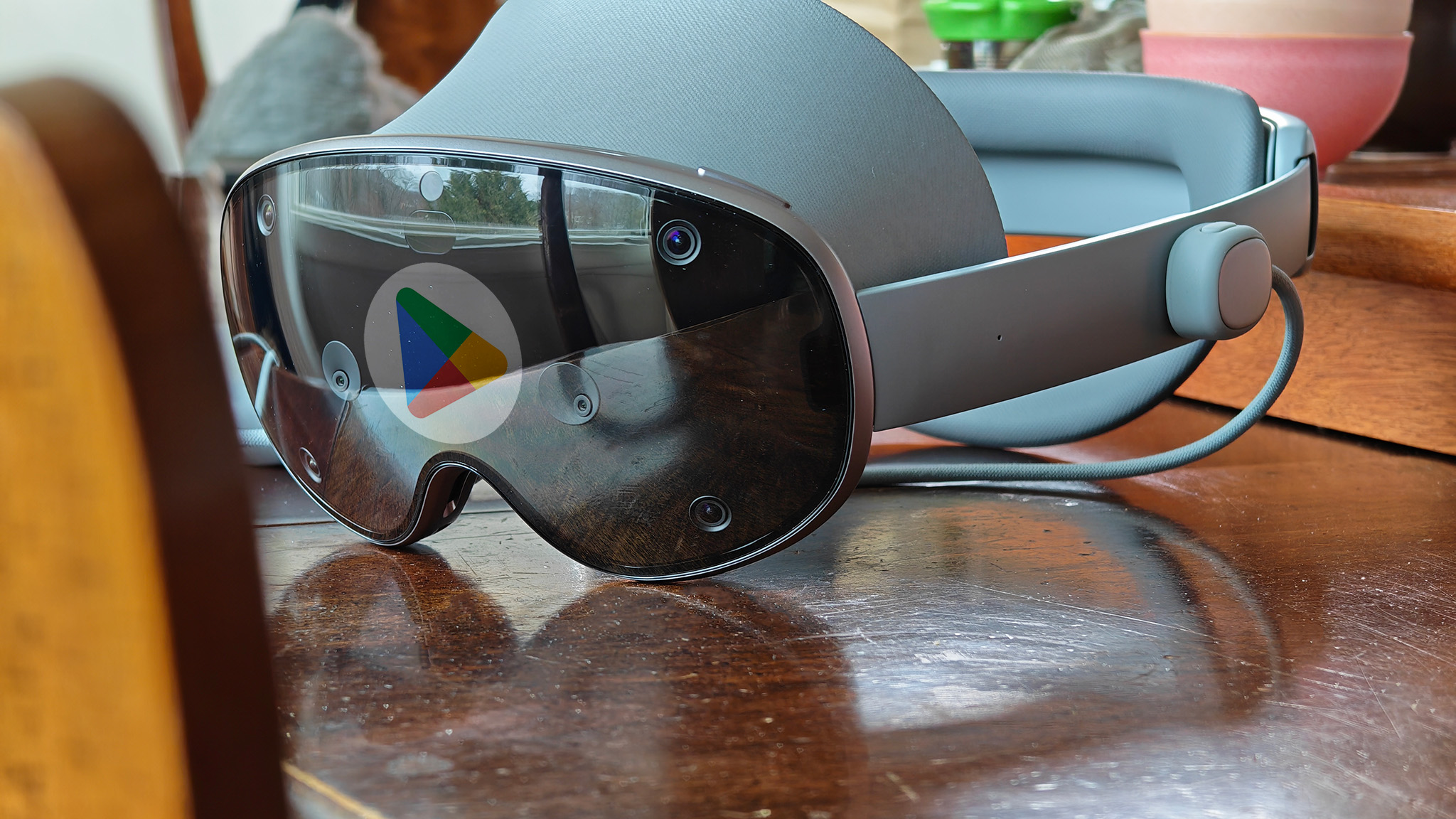Google is 'super committed' to its hardware program, including Pixel phones: CEO

Get the latest news from Android Central, your trusted companion in the world of Android
You are now subscribed
Your newsletter sign-up was successful
What you need to know
- Alphabet CEO Sundar Pichai explains the company's reasoning for making their own hardware.
- For smartphones and other hardware, the company has long-term plans which it remains fixated on.
- The past few years have marked an intergation with both the HTC team and the Nest hardware team, effectively acting as a stage setter.
Google's Pixel line has been a bit of a hot topic since a report via The Information revealed that each new Pixel was selling less than the previous iteration, including the Pixel 3a which reportedly sold less than the Pixel 3. The report also carried with it pieces of palace drama, including the exit of the Pixel camera lead and the dissaifaction of Google's Rick Osterioh with the Pxel 4's battery.
Despite those reports, Alphabet's CEO Sundar Pichai says that the company will be forging ahead with its hardware pursuits.
In an interview with The Verge, Pichai explained:
The last couple of years have been a major integration phase for us because we've combined our Google hardware efforts with Nest. We absorbed the mobile division of HTC. So it's been a lot of stitching together. And we have a wide product portfolio, too. So it's definitely been a building phase. We're super committed to it for the long run. Hardware is hard. And it definitely has components, which take real time to get it right, thinking about underlying silicon or display or camera or any of those tacks. And so we are definitely investing in it, but that timeline. I think we've made a lot of progress. Pixel 3A last year was one of our highest NPS-rated products ever, and definitely even benchmarked outside. So to me, it's a clear indication we have made a lot of progress.
On the hardware side specifically, Pichai explained the reasoning behind building their own devices. It's a question that's worth asking when the Android and Chrome OS ecosystems are dominated with tightly designed, critically acclaimed, and consumer embraced products from OEMs like OnePlus and Samsung.
Pichai narrowed it down to three main points:
One is to drive computing forward. The second is we really guide our ecosystem. Pretty much everything we've done well, you can go all the way back and Android's early days, Samsung Galaxy Nexus, which we worked together, was a pivotal phone. Nexus 7 in the tablet world. I can point to Chromebooks — all along, we did our original hardware to kind of bootstrap it. And I look at areas maybe where we haven't done opinionated [work] — maybe [smart]watch is a good example where we haven't. And then you can see it's tough to guide an ecosystem to what your vision of it is, just building the underlying platform.So I think that's the second reason. And third is to really build a sustainable hardware business. I think all of it is important, and that's how I think about it. And I'm excited. Rick [Osterloh] and team, working closely with Hiroshi [Lockheimer] and team, they have that long-term view. So we're pretty committed to it.
Pichai's comments help contextualize the Pixel's long-term goals, but there's at the same time no denying that Google's current strategy isn't resonating as strongly with consumers as it would need to to "build a sustainable business." And that's still a problem.
Google Pixel 4 XL review, 6 months on: A love-hate relationship
Get the latest news from Android Central, your trusted companion in the world of Android

